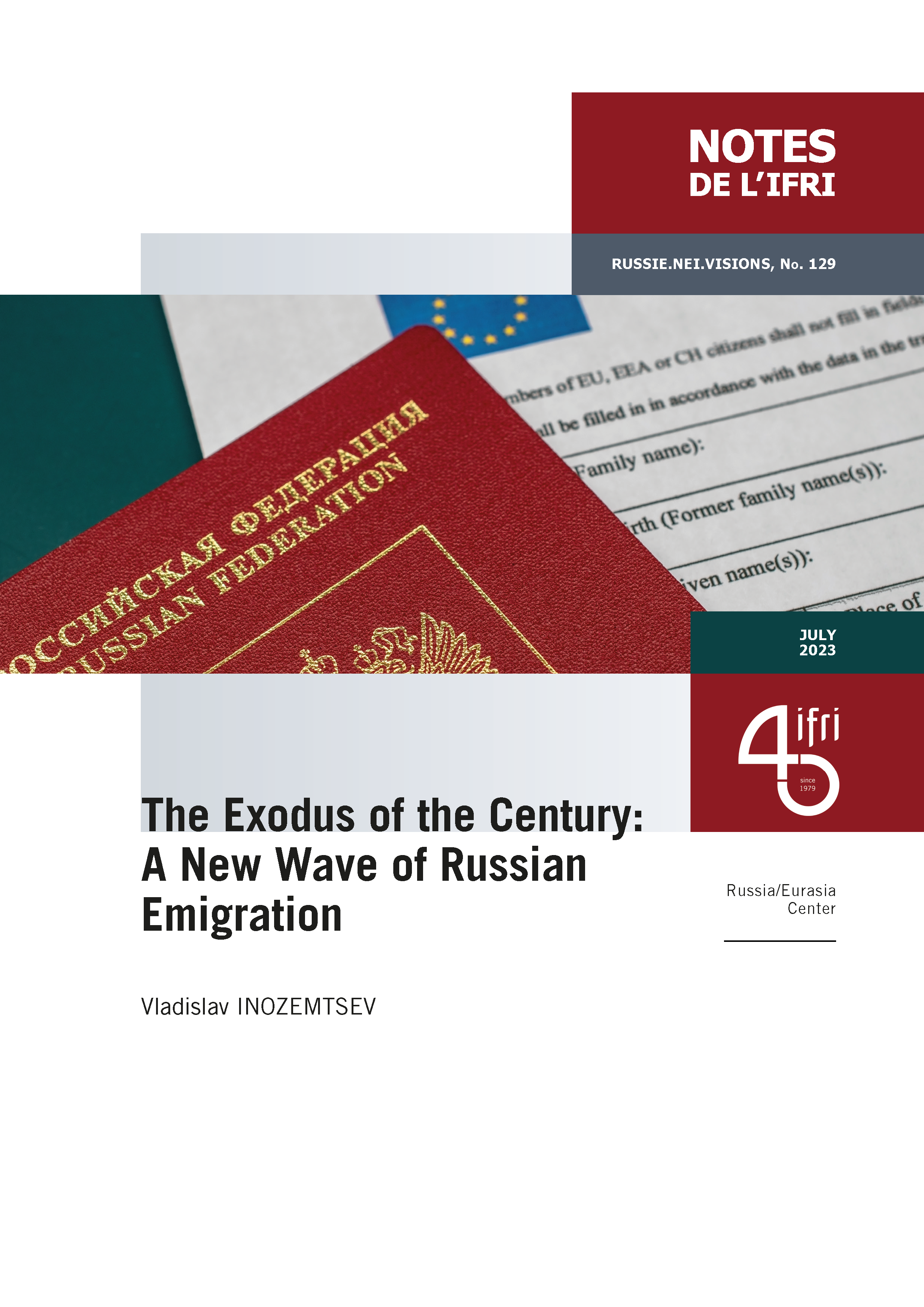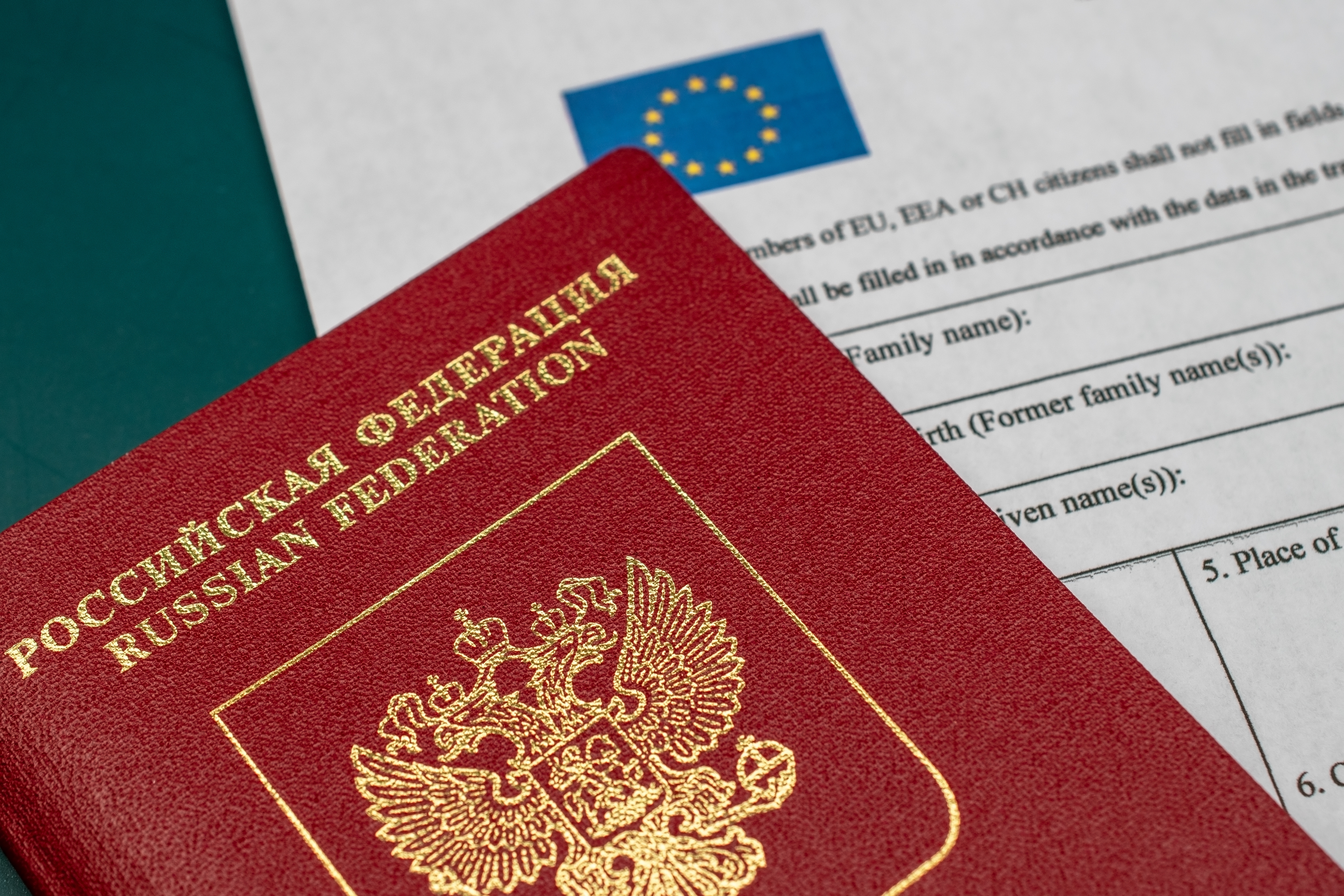The Exodus of the Century: A New Wave of Russian Emigration

Russia’s assault on Ukraine not only changed the contours of world geopolitics; it deeply affected the fabric of Russian society, provoking a massive exodus of self-made and independent-minded people from the country.

Both the scope and the motives of this outflow make it comparable with the one that happened around a century ago after the Bolsheviks consolidated their control over Russia. Once again, Russia has lost over a million people who share Western values, are familiar with the latest cosmopolitan habits, and can participate in the most advanced sectors of the global economy.
The author argues that this outflow undermines considerably Russia’s human and social capital while it might contribute to rejuvenating the European economy; as evidence, he addresses the effects of the new Russian exodus on post-Soviet countries, Turkey, Serbia, Montenegro and the United Arab Emirates, where most of the “relocants” settled in 2022. He also stresses that, as in the 1920s, Western countries can profit more from those Russians who want to integrate into the host societies and contribute to them economically than from the Russian opposition abroad whose “revolutionary struggle” against the Russian regime will be no more effective than that of the Russian emigrants of the 1920s.
European politicians, he argues, should therefore welcome the newcomers as “Russian professionals” rather than “professional Russians”, regardless of the attitude to Russian politics that they champion.
Vladislav Inozemtsev is a Russian economist with a PhD in economics. He is the Director of the Center for Post-Industrial Studies, which he founded in 1996.
Download the full analysis
This page contains only a summary of our work. If you would like to have access to all the information from our research on the subject, you can download the full version in PDF format.
The Exodus of the Century: A New Wave of Russian Emigration






